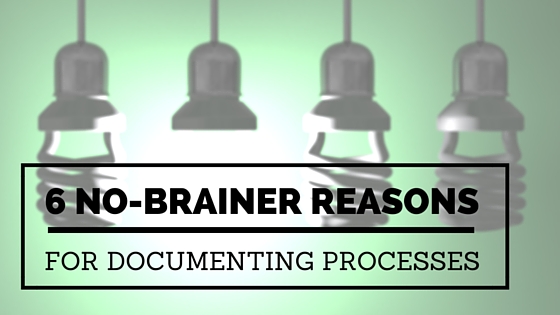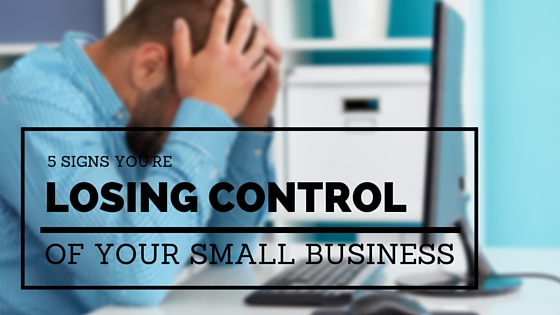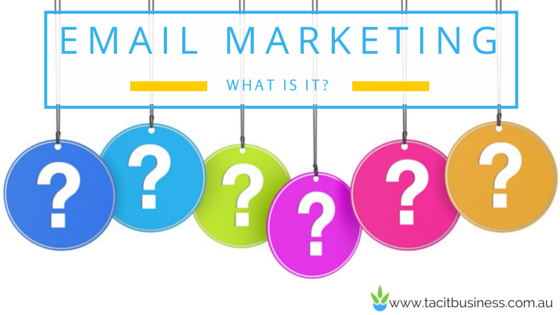
Leanne Nelson+ by | Mar 3, 2016 | Information Systems, Tools, Tips & Resources
Have you ever felt like you might as well be throwing darts at a board while blindfolded when making decisions in your business? Eenie meenie minie moe? Because despite being in the “information age” you still feel somewhat in the dark. Sometimes it’s the reverse. You have data up to kitty’s bow but none of it shines a light on the right path. Two strings to the better decisions bow Firstly, the data needs to be collected. Then it needs to be turned into useful information. Semantics you say? I won’t go into a lot of detail, because it’s really a bit boring, but data is just the numbers, without context or organisation. Data by itself doesn’t mean anything. Data vs Information Average sale per customer is data. Organised by month and showing seasonal variations, that data becomes information. Or maybe when all your overheads are collated they show an increase on last year, even though you were able to negotiate a stay on your office rent and reduction in your phone contract, indicating you need to review your pricing. What if you collected data about your clients in your CRM, so you could extract demographic information to refine your marketing? Sounds a bit fancy but it’s super useful. This information is powerful. Where to look before making business decisions We’re fortunate these days, that we have umpteen choices to help us collect data and then turn it into something useful. CRM systems Accounting software Scheduling software Social media analytics Order processing systems Get it right from the beginning A good result requires some forethought and planning, but it’s...

Leanne Nelson+ by | Feb 11, 2016 | Business, Tools, Tips & Resources
Are you feeling in control of your days? Or are the tasks and demands mounting up, pushing the great intentions of your new year’s resolutions and goals for your small business further and further away? Each day is a never ending exercise in attending to the urgent. Chaos begets chaos You’re not alone. According to the Journal of Clinical Psychology 36% of people who made new year’s resolutions will have abandoned them by the end of January and 54% by mid year. Of course, the reasons for ditching resolutions are many and varied. Mostly though, it’s because changing habits is tough. When we become busy and stressed the hard stuff tends to get pushed aside and we revert to old habits. So what to do? Trying harder isn’t the answer. We only have so much will power. Making it easier to do the things that will lead us to our goals though, that’s a good idea. Document all the processes Documenting processes is a great place to start as the benefits will be seen throughout your small business. Here we have six ways that documenting processes increases control in your small business, so that you can focus on the important. 1. Delegate what’s not the best use of your time Chances are if you’re feeling a bit cray cray in your business it’s because you’re doing too much yourself. Documenting processes means you are able to delegate tasks with a set of instructions, freeing you up to focus on areas that would be a better use of your time. 2. Review your processes The documentation process itself can highlight duplications, redundant steps and...

Leanne Nelson+ by | Feb 3, 2016 | Business, Tools, Tips & Resources
Small business ownership can be incredibly rewarding. But anyone who’s owned a small business for any length of time would agree, it can also be incredibly difficult. Small business is tough, but rewarding The day in, day out juggling of a million priorities means you have little time to think, never mind enjoy the rewards your business was supposed to deliver. You’re just plain busy. Really, really busy. That feeling of overwhelm is not uncommon. In fact, it’s common as all get out amongst small business owners. The good news is a lack of control needn’t creep up on you. If you take action when these signs appear, you can avoid heading down a slippery slope, get control and get your life back. So what are the signs you’re losing control of your small business? These are some of the most common I’ve seen. 1. You spend your day putting out fires As you’re driving to the office, in between phone calls, you’re mentally preparing for the onslaught. Despite the important tasks you know you should be working on that day, you know there’ll be urgent issues that gobble up your time. You know because they were there yesterday, and last week, and last month. Maybe there’s been a staff issue that you haven’t had time to address. It’s been bubbling away and has finally exploded leaving you short staffed and low on morale. There might be a pesky customer problem that keeps popping up. It’s not a huge thing, but it’s enough to make them annoyed and now you need to get involved. Overdue invoices, broken down equipment,...

Leanne Nelson+ by | Jun 4, 2015 | Customer Experience, Tools, Tips & Resources
Traditional marketing Marketing used to be a one way exercise. The company would tell you what they stood for, what their position in the market was, what their value proposition was and why you must have their product. We either bought or didn’t. We might have told our spouse or the lady in the newsagent or the barber about how good, bad or indifferent the product or service was. But typically the marketing was company driven, from the inside to the outside. New world marketing Then came the internet. We became connected like never before. We were given a voice like never before. Now, businesses can no longer dominate the conversation. They are who we say they are. We have the platform to tell the world what we think. Social media lets us celebrate or complain about our customer experience to anyone who cares to listen. Online review sites are increasingly guiding buying decisions. Blogs are the new super-niched media that help form our opinions. Marketing has been turned inside out. Or rather, outside in. Businesses no longer dominate the marketing conversation. They are who we say they are #smallbiz… Click To Tweet Customer experience, you say? Customer experience is, in a way, inside out marketing. It’s not about who the business tells us they are, but rather how the customer feels about the business and what they tell us the business is. And remember, they have a voice like never before. Customer experience is a the result of a mishmash of interactions, each one creating a perception. Just like individual bricks build a house, individual interactions build a perception of...

Leanne Nelson+ by | Apr 8, 2015 | Content marketing, Customer Relationship Management
Email marketing is popping up in business conversations everywhere. And with good reason. Keeping in touch with your existing and potential clients is an important part of generating leads and marketing a small business. However it can be time consuming and expensive to reach everyone regularly. As business owners, we are all busy being pulled in a hundred directions at once, so the regular keeping in touch and lead nurturing can fall through the cracks. Not giving this part of your business regular attention can result in an up and down cycle – take time out of the core business to generate leads, then put the lead generation aside to work on the business while the leads drop off. Not only is it a frustrating way to work, it’s inefficient. Email Marketing is Effective The good news is email marketing can smooth out the bumps. 73% of Australian marketers rated email newsletters as an effective marketing tactic, compared to 66% for in person events (ref: ADMA http://www.adma.com.au/). Put that statistic together with the low cost of email marketing and it becomes a very attractive option. As part of your marketing strategy, email marketing campaigns can be set up to do much of hard work without you having to sacrifice time from your core role. Email Marketing is Efficient Email marketing is a form of marketing automation. It is the sending marketing communications to prospects and existing customers via email, much the same as direct mail only easier. It can take the form of regular email newsletters, blog posts send by email, autoresponder series that nurture a prospect or special offers...







